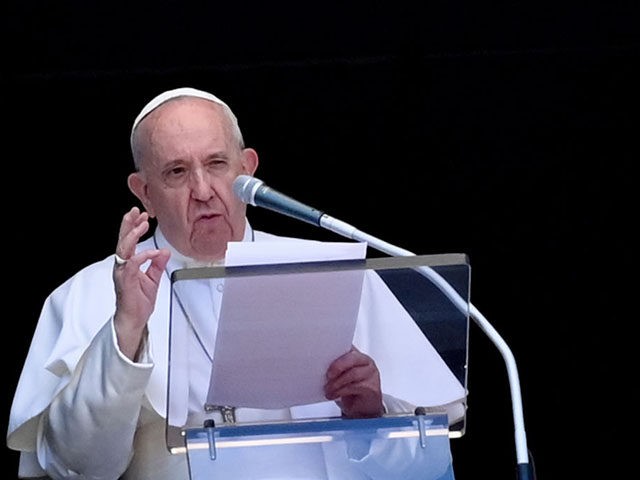ROME — The lockdowns established to counter the spread of the coronavirus have pushed 100 million more people into “extreme poverty,” Vatican News announced Saturday.
Citing reports from the Catholic relief organization Caritas Internationalis as well as from the World Bank, Vatican News said that the global health crisis continues to take a dire social and economic toll, noting that twice as many people — 100 million — have fallen into extreme poverty than were previously expected.
Underscoring the importance of the new “poverty virus,” Vatican News praised the work of doctors, scientists, and researchers to curb the impact of the Wuhan coronavirus while questioning whether “the political class” has worked equally hard to address the economic fallout of the disease.
The report goes on to cite Pope Francis in saying the time has come to reform “sick social structures” and grow “an economy of integral development of the poor and not of welfare.”
The response to the pandemic must therefore be twofold, it declares, again citing Francis. On the one hand, “it is essential to find a cure for a small but tremendous virus, which brings the whole world to its knees” while on the other hand, “we must cure a great virus, that of social injustice, inequality of opportunity, marginalization and lack of protection of the weakest.”
The report also cites the president of the World Bank, David Malpass, who has confirmed new, higher estimates of massive numbers of people around the world being dragged into abject poverty due to effects from coronavirus lockdowns, noting further that “the number could grow.”
“We had predicted this scenario as early as March, which means that the economic and food safety consequences could be even worse than the pandemic health emergency,” said Marta Petrosillo, director of communications at Caritas Internationalis, in an interview with Vatican News.
Curiously, however, it was Francis himself who said in late May that priority must to be given to persons rather than to the economy in responding to the coronavirus pandemic.
“I make an appeal: that nobody lacks healthcare,” the pope said during his Regina Caeli message last May 31. “Care for people, instead of saving for the economy. Care for people, who are more important than the economy.”
“We people are temples of the Holy Spirit, the economy is not,” the pontiff insisted.
While the pope has more than one proposed a dichotomy between opting for people and opting for the economy, it is not immediately apparent how this clean differentiation works. The economy does not exist independently of people and when people lose their jobs and their savings, it is these real people and those who depend on them who suffer.
Disregarding the effects of lockdowns on the economy may have seemed to benefit people in the short term, but it has proven terribly destructive in the long term.

COMMENTS
Please let us know if you're having issues with commenting.